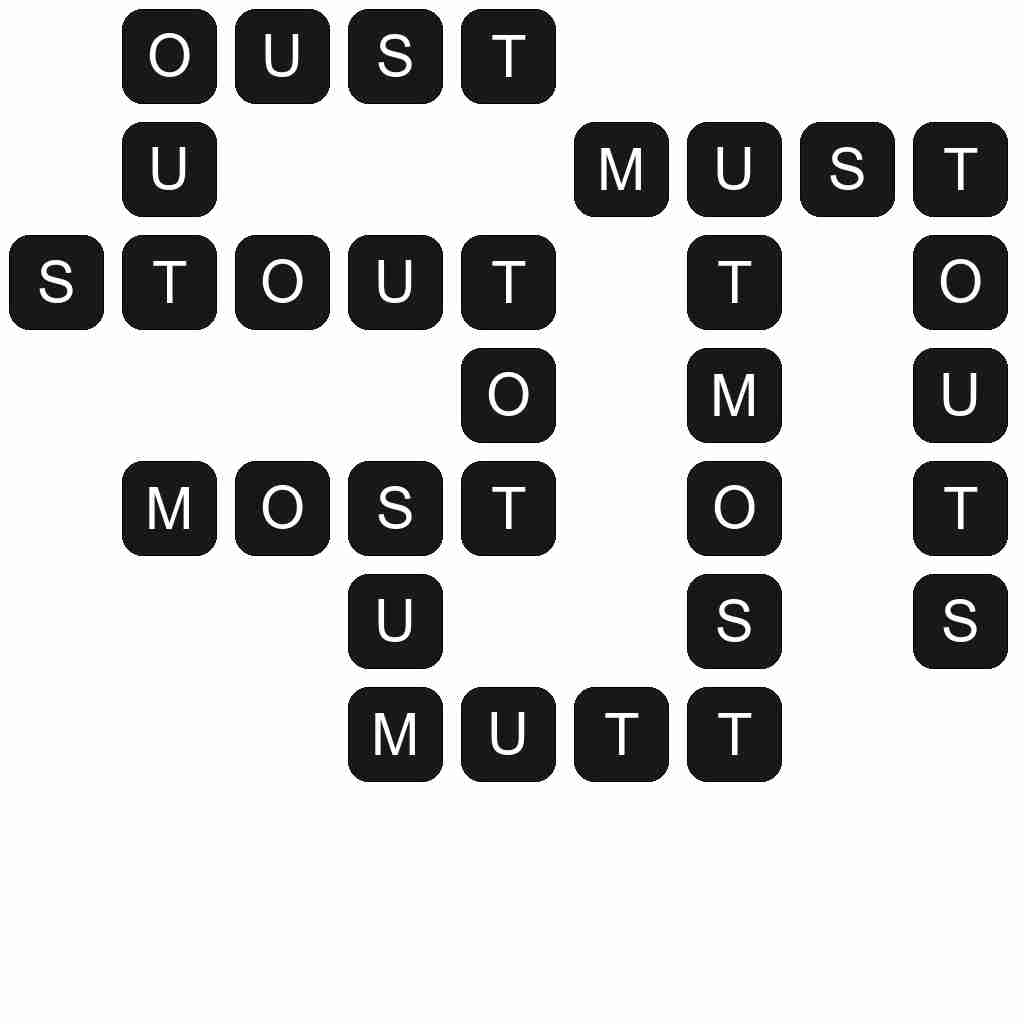The Role of Words in Effective Communication

Introduction
Words form the foundation of communication, shaping our interactions and understanding in both personal and professional contexts. In a world increasingly driven by digital communication, the significance of words has never been more crucial. As we navigate through various platforms, from social media to formal emails, the choice of words can alter meanings, evoke emotions, and influence relationships.
The Power of Words
The impact of words is evident in various spheres of life. In literature, the choice of words can elevate a piece from mere text to a piece of art, resonating deeply with readers. In politics, carefully chosen rhetoric can inspire a nation or polarise opinions. With the advent of social media, words can spread rapidly, impacting public opinion and inciting change within hours. The way we use words can bring communities together or exacerbate divisions, highlighting the responsibility we bear in our word choices.
Current Trends in Communication
Recently, there has been a resurgence in the discussion around the importance of language in promoting inclusivity. The rise of gender-neutral terms and efforts to eliminate offensive language in everyday conversation reflect a growing awareness of the power of words in shaping societal attitudes. Additionally, with the increase in digital interactions, many companies are emphasising the need for clear and concise communication to avoid misunderstandings and enhance customer relations.
Conclusion
In conclusion, the word continues to hold immense significance in communication. As language evolves and adapts to new contexts, individuals and organisations must remain vigilant about their word choices. Looking ahead, fostering an awareness of language’s power will be essential, especially in an age dominated by rapid communication and social media. By consciously choosing our words, we can contribute to a more thoughtful, empathetic, and connected world.
